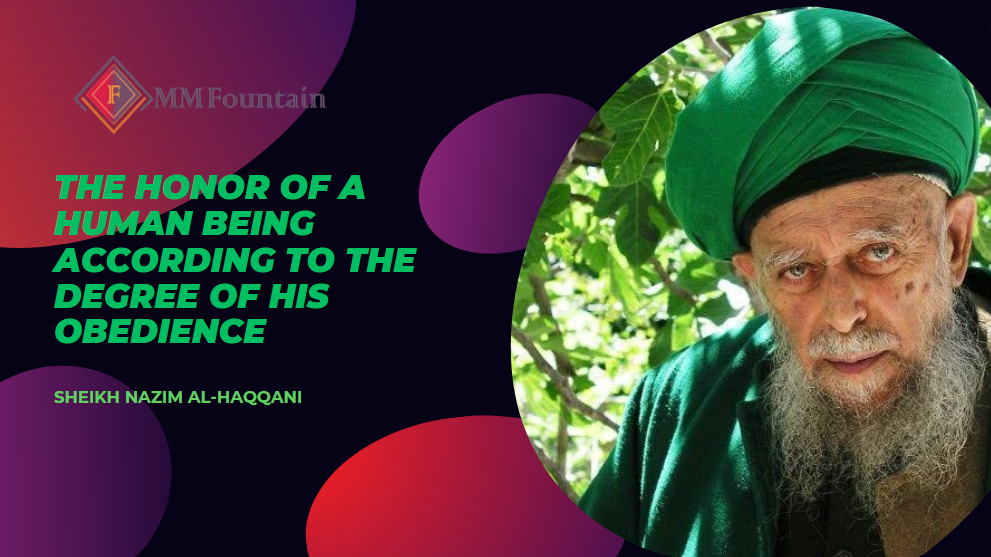Islam, as a religion, is designed to be accessible to all humanity, transcending barriers of race, language, and culture. The Quran declares:
“And We have not sent you, [O Muhammad], except as a mercy to the worlds.” (Quran, 21:107)
This universality is reflected in the teachings that honor is bestowed upon those who are righteous, regardless of their background. This principle fosters a sense of equality and justice, promoting a society where true honor is attributed to one’s character and deeds.
Examples from Islamic History
Throughout Islamic history, numerous examples illustrate that honor and respect are granted to those who exhibit piety and devotion. Figures such as Bilal ibn Rabah, a former slave, and Abu Bakr al-Siddiq, the first Caliph of Islam, exemplify that true honor comes from righteousness and service to Allah. Their lives are a testament to the fact that honor in Islam is not confined to the elite but is available to all who strive for righteousness.
The Role of Community and Support in Nurturing Honor
Building a Supportive Community
Islamic teachings stress the importance of community support in nurturing faith and righteousness. The Prophet Muhammad (peace be upon him) said:
“The example of a good companion in comparison to a bad companion is like the seller of musk and the blacksmith. The seller of musk will either give you some free perfume, or you will buy some from him, or you will find a good smell from him. But the blacksmith’s bellows may either burn your clothes or you get a bad nasty smell.” (Sahih al-Bukhari)
This Hadith highlights the significance of surrounding oneself with righteous individuals who inspire and encourage good deeds, thereby enhancing one’s honor through collective piety and support.
Encouraging Righteous Actions
In Islam, every act of obedience, whether small or large, contributes to the elevation of one’s status in the Divine Presence. Acts of charity, honesty, kindness, and patience are all avenues through which Muslims can earn honor and closeness to Allah. Sheikh Nazim QS often encouraged his followers to engage in such deeds, reminding them that:
“Every small act of obedience is a step towards higher honor in the sight of Allah.”
Conclusion: The True Measure of Honor
In conclusion, the honor of a human being in Islam is intrinsically linked to his obedience to Allah. This principle transcends all worldly distinctions, affirming that true honor is earned through righteousness, sincerity, and devotion. Moulana Sheikh Nazim QS’s teachings continue to inspire Muslims worldwide, reminding them that the most honored among them are those who are the most righteous and obedient to their Lord.
Wa min Allah at-Tawfiq. Al-Fatiha.
Sheikh Nazim Al-Haqqani


